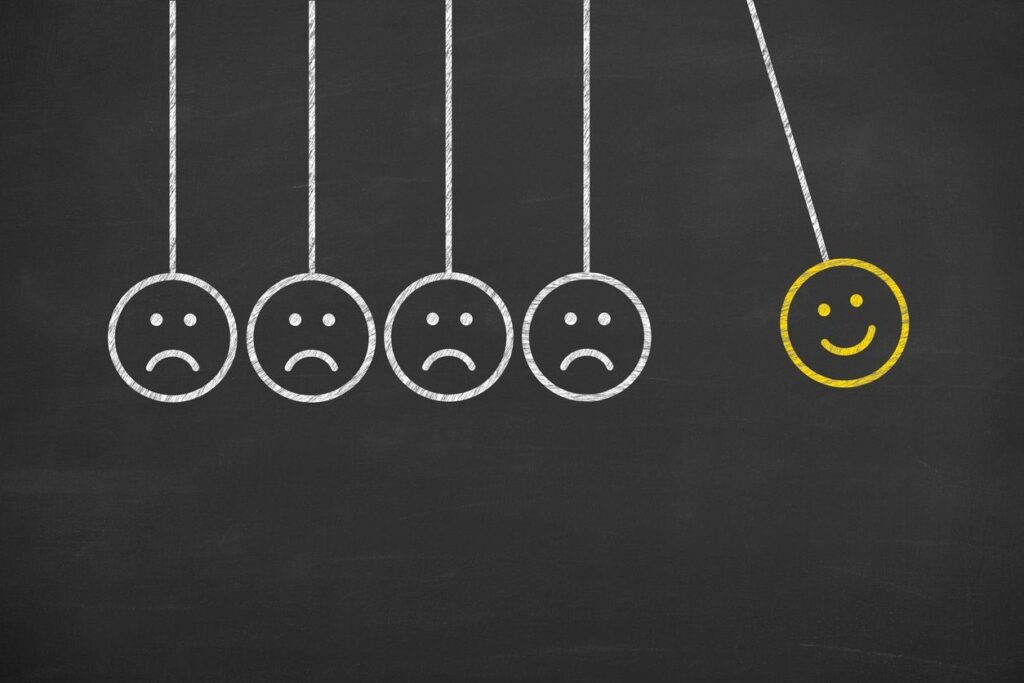Positive Psychology
Self-Efficacy – How We Can, Not Why We Can’t
The title of this blog post comes from a Ted Talk by Peter Sage. I’ll link to the video below so you can watch it yourself. In the video, Sage talks about the incredibly limiting impact of self doubt. A quote of his I really liked is “You will never rise above your own opinion…
Read MoreCharacter Strengths and the Virtuous Life
The ultimate goal in positive psychology is to help individuals and communities thrive. We thrive by maximizing our character strengths in pursuit of well-being. Read my post on Well-Being and the Five ‘Happy’ Lives to learn more about well-being. To read all about Character Strengths, get the original book on the topic, Character Strengths and…
Read MoreGrit – Passion and Perseverance
What makes someone successful? Is it intellect? Education? Physical health? Talent? Maybe luck? According to Dr. Angela Duckworth from the Positive Psychology Center at the University of Pennsylvania, it is none of those things. In her 2016 bestselling book – Grit – she interviewed successful people in a wide variety of professions – business, sports,…
Read MoreBuilding Psychological Capital (Hope, Efficacy, Resilience, Optimism)
You Can Bank On it Psychological capital in many ways is like a savings account for our well-being. Just as it is good to save money for a rainy day, it is good to build psychological capital. It is beneficial for good days and allows us greater comfort and safety in taking risks, being vulnerable,…
Read MoreThe Real World Benefits of Expressing Gratitude
Gratitude: As Old as Animal Kind Gratitude may be an evolutionary component of human development, passed down for thousands of years according to sociologist Georg Simmel (Greater Good Magazine, n.d.). While we may think of it as something personal and internal, it is also considered an important social skill that helps humans interact with each…
Read MoreThe Fading Affect Bias in Pursuit of the Pleasant Life
Fading Affect Bias (FAB) The Fading Affect Bias, or FAB for short, refers to the cognitive phenomenon supported by research showing that memories associated with negative emotions tend to fade faster than memories associated with positive emotions (Skowronski, 2014). This means we tend to forget the bad times at a faster rate than the good…
Read MoreBrief History of Positive Psychology (Part 2)
Continued From Part 1… But Wait, There is Good News Remember, Csikszentmihalyi found that teenagers can be unhappy and can see life through their suffering, but he also found an interesting exception. When teenagers focus their energies on tasks that are challenging, their mood is more upbeat. In other words, he found evidence of when…
Read MoreWell-Being and the Five ‘Happy’ Lives
Well-Being and The PERMA Model Seligman (2011) argues that well-being is enhanced through thriving in one or more pillars of well-being. His model, often referred to as the PERMA Model, consists of Positive Emotions, Engagement, Relationships, Meaning, and Accomplishment (or Achievement). The more we thrive in each of these, the higher our well-being, according to…
Read MoreBrief History of Positive Psychology (Part 1)
It Didn’t Start Off Very Positive I could not think of a better or more ironic way to start a paper on the history of positive psychology than with a quote on the inevitability of pain and suffering. So here it is: “Life swings like a pendulum backward and forward between pain and boredom.” This…
Read MoreSleep and Resilience Can Form a Virtuous Cycle for Teens
Resilience, or being able to bounce back from adverse events, is a useful skill to have – if we didn’t already know that, 2020 has certainly driven the point home! Psychologists know that resilient people tend to share certain traits, such as finding meaning in events and trusting their ability to navigate challenging situations. And…
Read More








